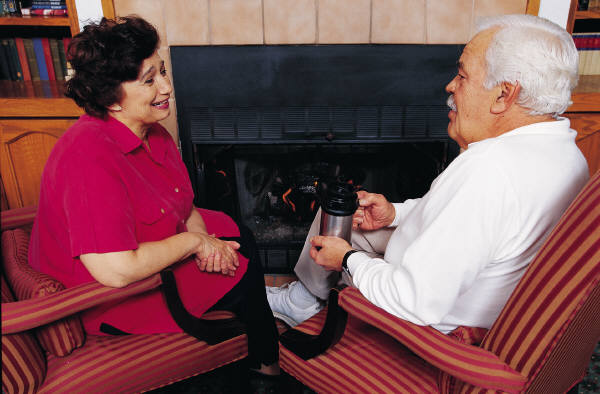
Do your loved ones know what your want?
There is simply no way to know when a sudden health event or an accident could render a person unable to communicate, according to The Advocate in “If you were on death’s door, what happens next? Advance care directives can make sure your wishes are carried out“. Do your loved ones know what your wishes are in this situation?
When you are not able to speak, you can’t tell loved ones that you’ve had a good life and you are okay with letting go, or if you want to fight to stay alive, no matter how invasive the process may be.
That’s why you need an advance care directive. Anyone over age 18 needs to give this some thought and then take the next step and have the necessary document prepared. It’s a good idea for anyone over age 18 to have a will prepared as well, especially if they own a home, car, or have personal property they would like to pass along to specific people.
The second part of advance care is to name a person as your health care agent. That person will be in charge of making medical decisions when you cannot. People typically name their spouse, but that’s not always the best option.
Here are the steps to follow for Advance Care Planning:
- Identify someone who will take on the role of health care agent
- Reflect on your values and beliefs and what living well means to you personally.
- Consider religious, spiritual, or personal beliefs and how they align with your end of life wishes.
- Share your decisions with the person you wish to take on the role of health care agent.
- Make sure that person is able and willing to carry out the duties, even if the family or other people feel opposite of your wishes.
- Meet with an estate planning attorney to execute your health care proxy.
While you are attending to this task, speak with the estate planning attorney about having a will and a power of attorney created. Once these documents are taken care of, you and your family will be better protected, in the event of an unexpected tragedy.
As time goes by, the people you have chosen for these roles may age or your relationship with them may change. Every now and then, check in with them to ensure that they are still willing and able to handle the responsibility of a health care agent and power of attorney.
An estate planning attorney can advise you in creating an estate plan that fits your specific circumstances.
Reference: The Advocate (April 14, 2019) “If you were on death’s door, what happens next? Advance care directives can make sure your wishes are carried out“











